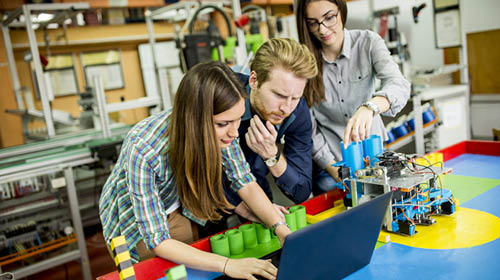STEM Clubs
STEM Clubs are a powerful and highly enjoyable way to engage students with STEM subjects. They can be fun and fulfilling for students and club leaders, and have positive impacts for the school.

Involvement in a STEM Club can provide students with an opportunity to gain practical, teamwork and leadership skills and increase confidence in the STEM subjects, engaging them with further study of STEM subjects and the opportunity to discover STEM related careers.
Through our STEM Ambassadors and our work with schools and others, we are able to offer ideas, resources, activities, guidance and support, as well as places to look for potential funding when setting up a STEM Club or building up an existing club within your school.
If you are running an after-school or lunchtime club related to any sort of STEM activity – for example, Young Engineers and Science Club, Astronomy Club, Maths Club, Food Technology Club, Camera Club – you will be interested to know that STEM Learning Ltd has set up a STEM Clubs community group to share information.
STEM Clubs offer a wealth of information to teachers who are involved in Clubs and give you guides on starting and running a club, ideas, resources information, challenge information etc online.
See Science newsletters for schools and colleges
See Science sends out regular email newsletters to keep you informed about events, developments and initiatives related to STEM delivery across Wales.
STEM resource library
See Science have lots of resources available to enrich and enhance STEM provision in your school.
Follow the link for comprehensive lists of up-to-date resources plus external providers offering STEM-related activities or services.
Workshops for schools
See Science offer a range of half day and full day bespoke workshops.
The workshops are designed to provide y pupils with a series of challenges.

The activities have been designed so that they can also be used as transition day activities.
The challenges are designed to facilitate learning, team working and encourage pupils' curiosity to find out how and why things work. During each challenge pupils will develop their problem solving, communication and innovation skills.
